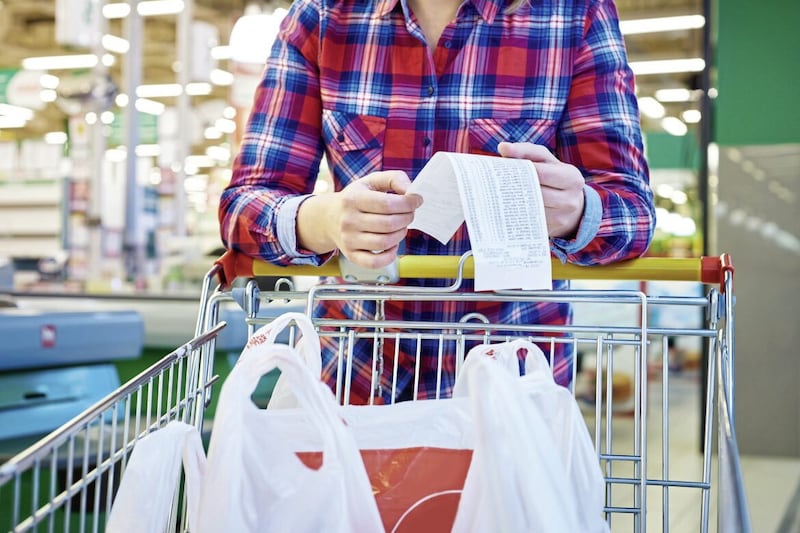LIDL’S share of the grocery market in Northern Ireland has grown by 16.5 per cent over the last year and by 27.2 per cent since 2019, according to new figures from retail analysts Kantar.
The German-owner chain remains the north's fastest-growing retailer, and in the year to May 16 this was largely driven by consumers buying more per trip, helping it to add £34.5 million to its sales.
Lidl - which last month launched its customer rewards app for its 41 stores in Northern Ireland, which attract around 350,000 customers each week - now commands a 6.7 per cent share of the region's overall grocery market.
Over the last 52-week period, Tesco remained the north’s biggest grocer. It held 35.5 per cent of the market, grew by 8.6 per cent and boosted its sales by an extra £102.6 million.
The average basket size at Tesco jumped by 18.7 per cent, equivalent to each person picking up nearly three extra items – the highest growth rate among all the retailers.
Sainsbury’s maintained its position as the second largest retailer, growing 6.7 per cent and increasing its takings by £39 million as shoppers checked out with bigger baskets and made more frequent trips. Asda’s sales rose by 7.3 per cent this period.
Emer Healy, retail analyst at Kantar, said: “The Northern Irish grocery market grew by 7.9 per cent in the 52 weeks to May 16.
“A shorter-term view paints a slightly different picture, however, as in the latest 12 weeks sales declined by 6.9 per cent.
“This fall comes as we compare the market to the height of the first national lockdown in 2020, which saw record-breaking grocery spending in Northern Ireland.
“As hospitality begins to open again, people no longer have to rely on the supermarkets for all of their meals and we have seen trips to the grocers fall by 1.7 per cent.
“And with drinking in the pub back on the cards, people also spent £14 million less on off-trade alcohol in the past 12 weeks compared with this time last year.”








